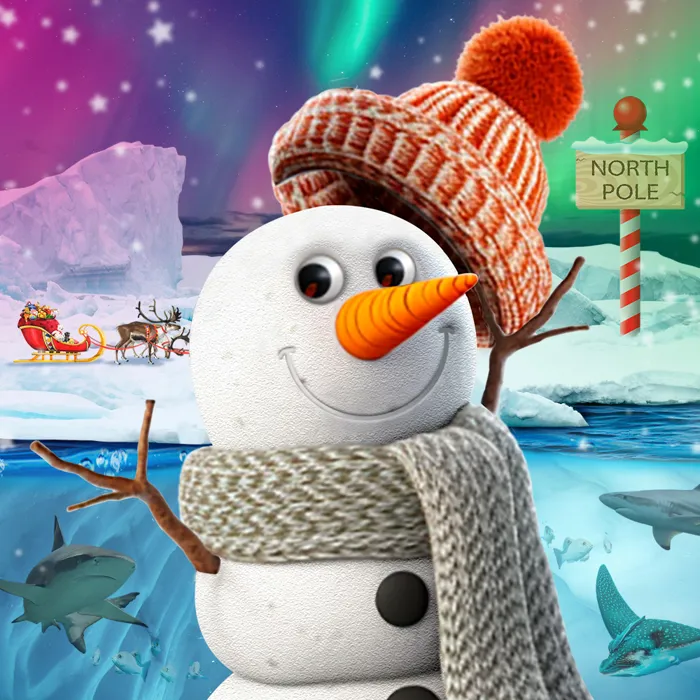Our gift to you this December!
Visit SEA LIFE with tickets from £5 this December!
From 1st - 31st December, you can purchase our Universal Credit ticket- valid for those in receipt of Universal Credit, Working Tax Credit, Child Tax Credit, Employment and Support Allowance, Job Seekers Allowance, or Income Support, with proof of benefit.
Whether you're looking for a fun filled festive activity, or you're simply a fish fan, one of our ten SEA LIFE aquariums will have something perfect for you! Are you a Shark lover, a Humboldt Penguin fan, or a clownfish fanatic? Perhaps it’s the mysterious seahorse or the clever Common Octopus that you love the most. Here at SEA LIFE you can make up your mind and see them all - from the curious and the rescued to the rare and the enigmatic. And you’ll be able to get closer to them than ever before!
Tickets are £5 for all locations, excluding London and Birmingham where tickets are £8. Please see T&C's for full info.
T&C's
- Exclusive £5 ticket valid at SEA LIFE Blackpool, SEA LIFE Brighton, SEA LIFE Great Yarmouth, SEA LIFE Hunstanton, SEA LIFE Loch Lomond, SEA LIFE Manchester, SEA LIFE Scarborough and SEA LIFE Weymouth.
- Ticket is £8 at SEA LIFE London and SEA LIFE Birmingham.
- Ticket available to purchase between 1st and 31st December.
- Valid for visits between 1st December - 31st December only.
- Offer valid for up to 5 tickets per transaction.
- This ticket is available to those currently receiving Universal Credit, Working Tax Credit, Child Tax Credit, Employment and Support Allowance, Job Seekers Allowance, or Income Support.
- Proof of eligibility will need to be shown at the attraction on the day of the visit, this can be obtained by either logging into your Universal Credit portal, or by bringing a proof of benefit letter. You can download your proof of benefit letter at http://secure.dwp.gov.uk/get-a-proof-of-benefit-letter/
- Photograph ID will also need to be presented on the day.
- To be eligible, you must have received Universal Credit within the last month.
- Subject to availability- and not valid for use in conjunction with any other promotion, offer, reward/loyalty scheme or direct attraction booking. Offer is also not valid for redemption against pre-purchased tickets, group bookings and concession rate tickets including but not limited to; senior citizens, veterans, family tickets, students, merlin annual pass or season pass holders.

Join Snowy's Conservation Crew
Join in our fin-tastic Christmas event at all SEA LIFE locations across December, for a unique holiday outing!
You're invited to take part in our Christmassy North Pole themed interactive trail through the aquarium, meeting our incredible creatures along the way! Enjoy cool photo ops, Christmas crafts and fun challenges, all included with your admission ticket.